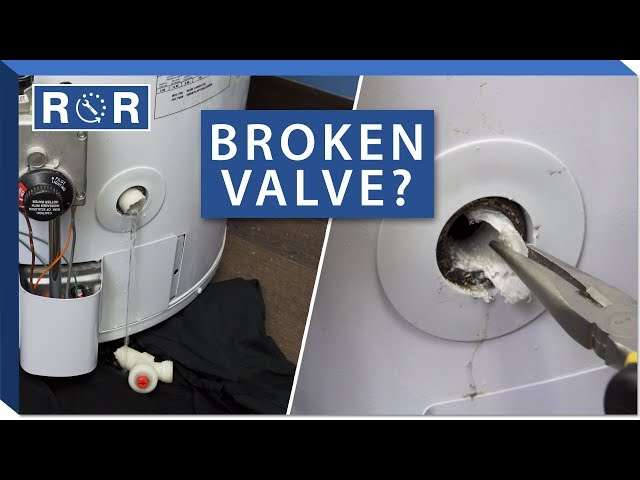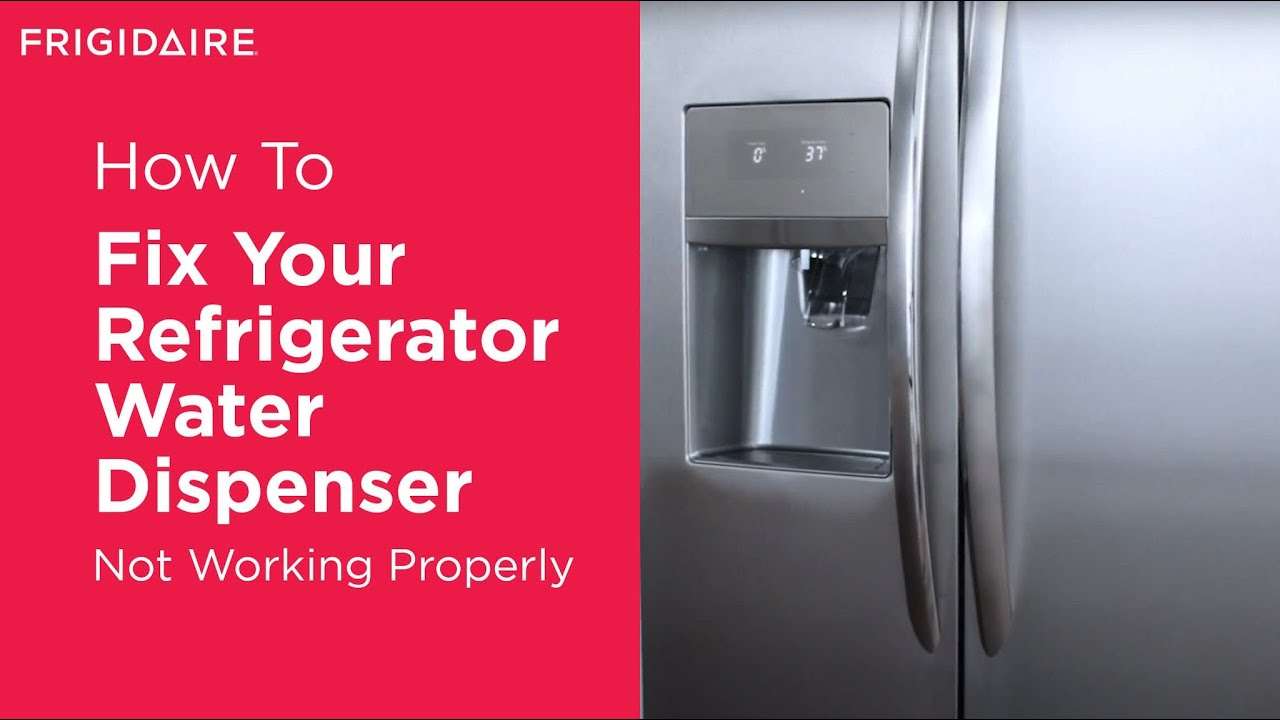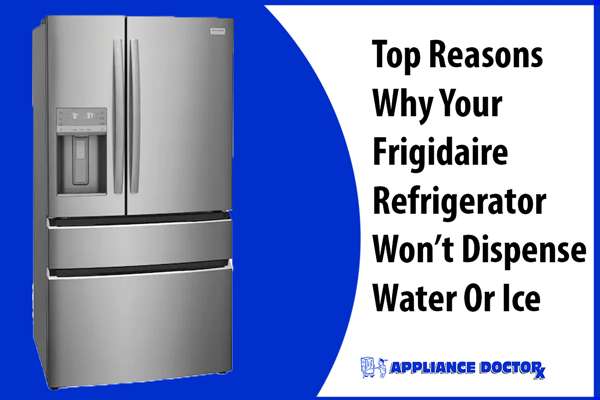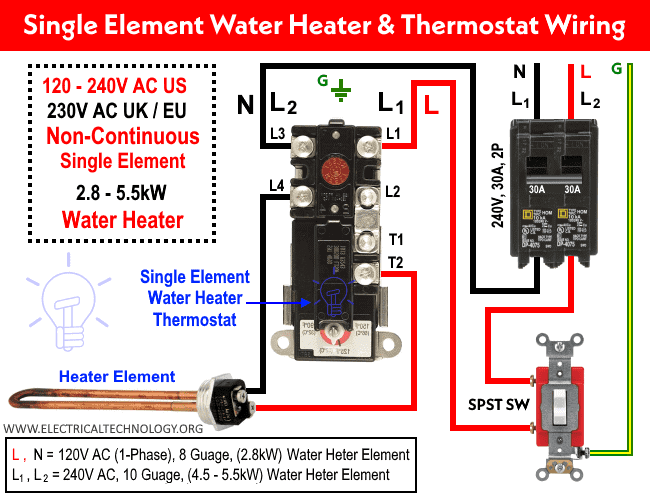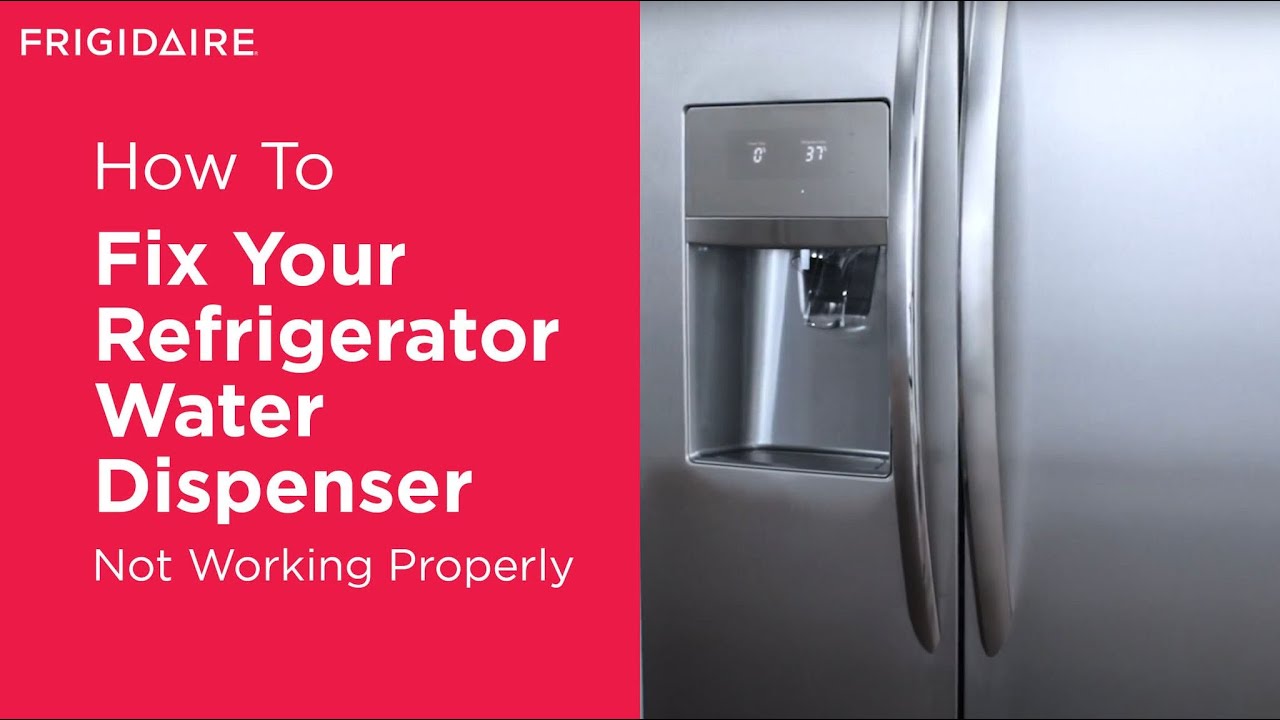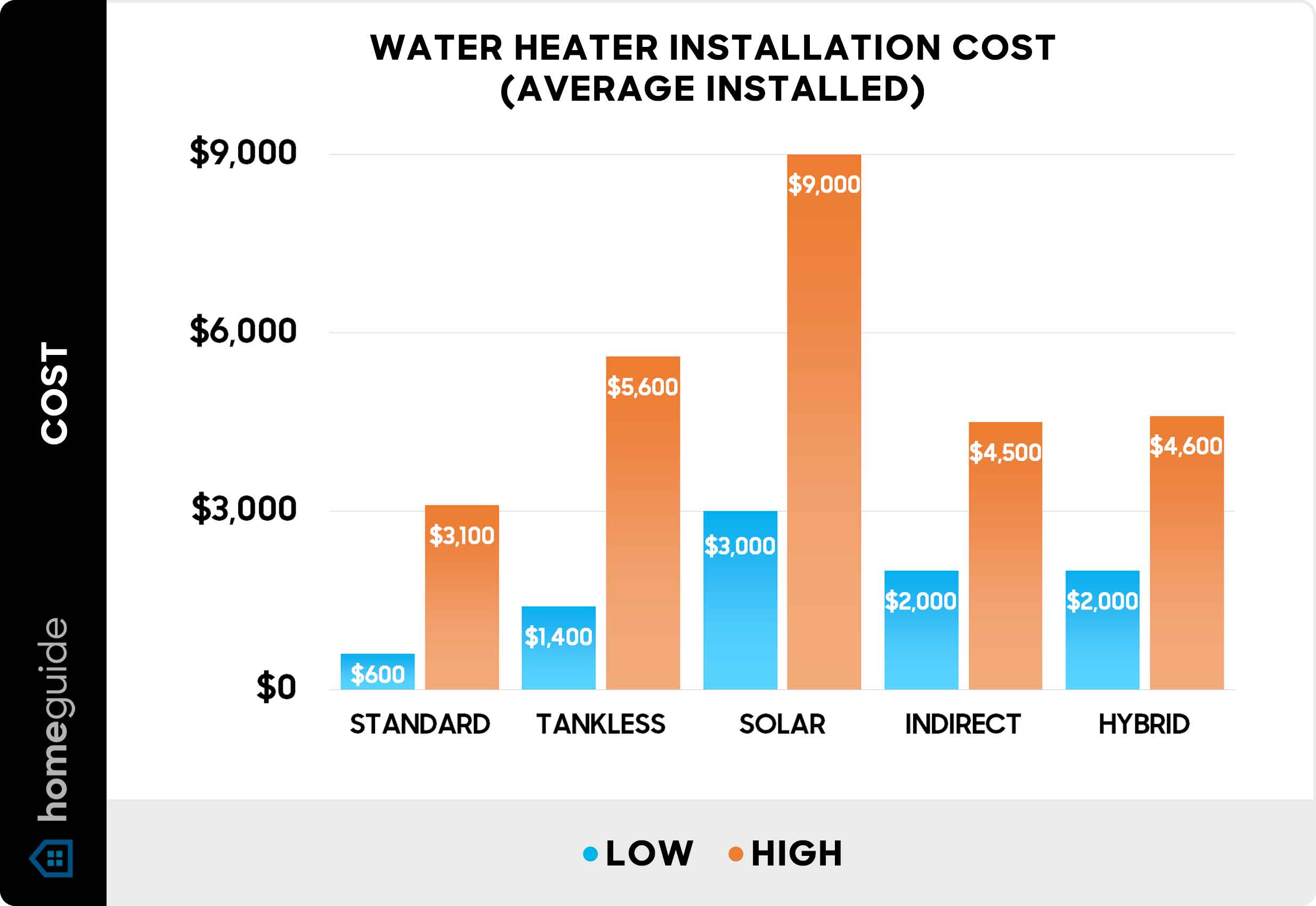Choosing between a gas and electric tankless water heater is a significant decision for any homeowner, impacting both initial investment and long-term running costs. The debate surrounding the
Initial Investment: A Head-to-Head Comparison
The initial cost of a tankless water heater encompasses the unit itself, installation, and any necessary upgrades to your plumbing or electrical systems. Here’s a general breakdown:
- Gas Tankless: Units tend to be more expensive upfront than their electric counterparts. Installation can also be pricier due to gas line connections and venting requirements.
- Electric Tankless: While the unit itself may be cheaper, electrical upgrades (new wiring, breaker panel upgrades) can significantly increase the overall initial investment, especially in older homes.
It’s crucial to get quotes from qualified plumbers and electricians to accurately assess the initial investment for your specific situation.
Operating Costs: Where the Real Savings Lie (or Don’t)
The
Fuel Prices: A Volatile Landscape
Gas and electricity prices fluctuate based on market conditions, geographic location, and other variables. Historically, natural gas has often been cheaper than electricity in many regions. However, this isn’t always the case, and future energy costs are notoriously difficult to predict. Regularly checking local energy rates is essential for accurate cost estimations.
Energy Efficiency: The Efficiency Factor
Tankless water heaters are generally more energy-efficient than traditional tank water heaters because they only heat water on demand, eliminating standby heat loss. However, the efficiency of gas and electric tankless models can vary. Look for Energy Star-certified models for optimal performance.
Usage Patterns: The Biggest Variable
Your hot water consumption habits dramatically influence operating costs. Larger households with frequent showers and appliance use will see higher energy bills, regardless of the fuel source. Consider these questions:
- How many people live in the household?
- How often do you run the dishwasher and washing machine?
- How long are your showers?
Answering these questions helps determine the volume of hot water you require and therefore your yearly cost.
Maintenance and Lifespan: Beyond the Energy Bill
While energy costs dominate the conversation, maintenance and lifespan are crucial factors impacting the long-term
Gas tankless water heaters typically require more frequent maintenance, including annual inspections and cleaning to prevent scale buildup and ensure proper venting. Electric models generally require less maintenance. However, both types can experience component failures that require repair or replacement.
Tankless water heaters, both gas and electric, typically have a longer lifespan than traditional tank heaters, often lasting 20 years or more with proper maintenance.
Comparative Table: Gas vs. Electric Tankless Water Heaters
| Feature | Gas Tankless | Electric Tankless |
|---|---|---|
| Initial Cost | Generally Higher | Potentially Lower (but may require electrical upgrades) |
| Operating Costs | Dependent on gas prices; potentially lower in some regions | Dependent on electricity prices; potentially higher in some regions |
| Installation | More complex (gas line, venting) | Simpler (unless electrical upgrades needed) |
| Maintenance | More frequent | Less frequent |
| Lifespan | 20+ years (with proper maintenance) | 20+ years (with proper maintenance) |
Ultimately, determining which type of tankless water heater offers the lowest yearly cost requires a personalized assessment based on your energy consumption, local fuel prices, and installation considerations. Carefully weigh the pros and cons to make an informed decision that aligns with your specific needs and budget.

